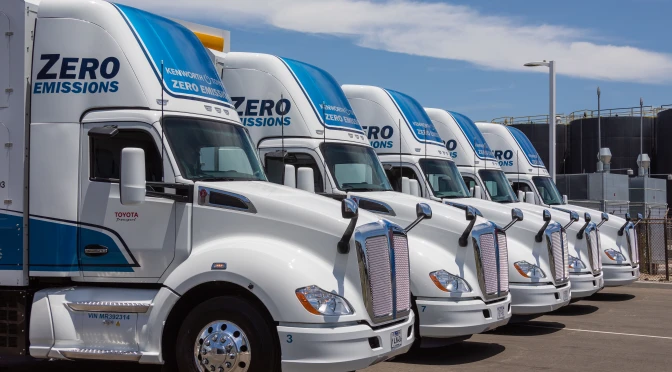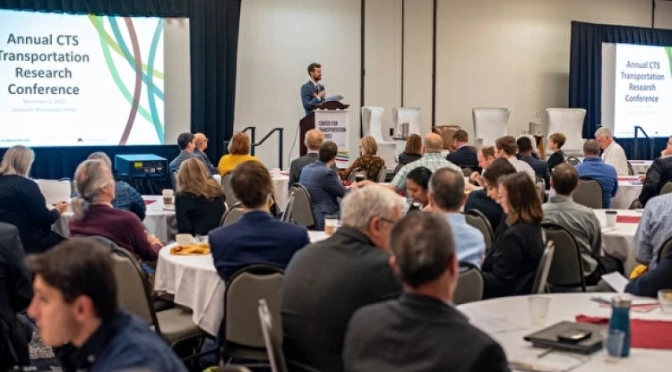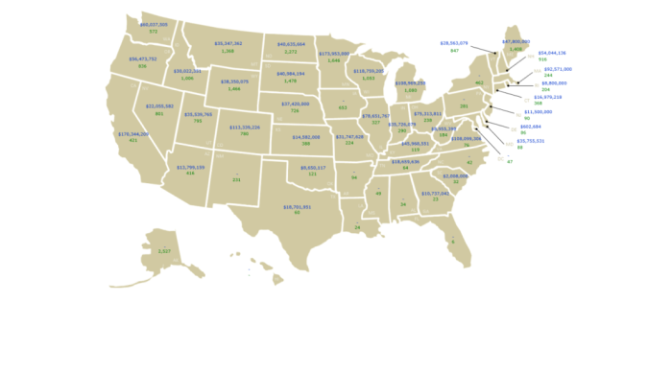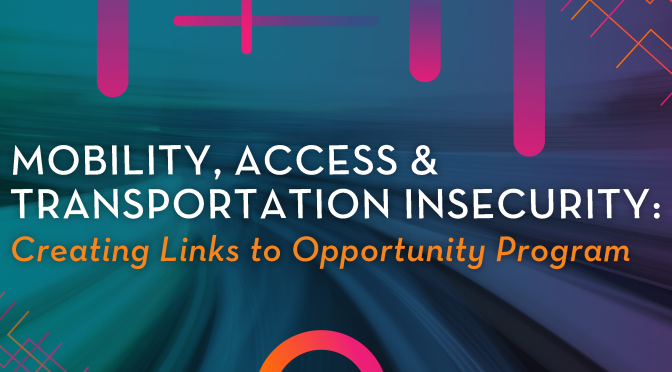Two county roads provided a testing ground for three combinations of aggregate bases and asphalt binders. Results from more than two decades of research and monitoring of pavement test sections validated previous conclusions. A larger gradation aggregate base showed superior performance over the pavement life cycle when compared with the standard aggregate base. Additionally, sections constructed without transverse joints to allow natural thermal cracking outperformed sections with sawn and sealed joints.
Continue reading Finding High-Performing Aggregate Bases for Long-Lasting PavementTag Archives: research
Will Hydrogen Be a Carbon-Neutral Fuel Alternative for Freight?
Reprinted from CTS News, March 19, 2024
—Sophie Koch, contributing writer
Hydrogen is getting a lot of attention in recent years as a potential fuel source in the transportation sector. However, it is important to consider the pros, cons, and limitations of this molecule when deciding how to use it.
“(There) seems to be so much interest in this particular molecule, and for a lot of reasons—it has a lot of potential,” says Karen Bridges, research specialist with the U of M’s Humphrey School of Public Affairs. “It’s a very flexible, light energy-carrier.”
Bridges, along with Assistant Professor Elise Harrington from the Humphrey School, co-authored a high-level review paper summarizing research and reporting on the viability of hydrogen as a carbon-neutral fuel alternative. The paper was commissioned by the Minnesota Freight Advisory Committee.
Hydrogen, Bridges says, has the potential to serve as a “missing link” in the quest for decarbonization. It is energy-dense enough to move heavy, long-distance freight, easy to store and transport, and able to be used in applications such as aviation, international shipping, rail, and trucking.
However, the main drawback to hydrogen is that not all of it is truly “clean.” Obtaining a hydrogen molecule involves using electricity to split an existing molecule (either natural gas or water) into its component parts. The cleanness of the hydrogen depends on what molecule is split, what energy source is used to split it, and whether there’s some sort of carbon capture method used to clean up the byproducts of the process.
(Photos: Kenworth)

The absolute cleanest method is called “green” hydrogen—it uses renewable energy sources to split water molecules, and it doesn’t need a carbon-capture method because there are no carbon byproducts. Unfortunately, green hydrogen is the most expensive to produce.
“Blue” hydrogen is in the middle in terms of both cost and cleanness; it splits natural gas molecules and has a carbon-capture system set up to catch the byproducts. “Grey” hydrogen, by contrast, also splits natural gas molecules but involves no carbon-capture system.
“Currently, it’s very expensive to produce zero and low-carbon hydrogen,” Bridges says. “There’s not a lot of it being produced today, and a lot of it’s grey, and so there would be a tremendous amount of investment that we’d need to go to scale.”
Increasing the scale and driving down the cost of green hydrogen are going to be key to making it a viable, affordable option for freight companies, Bridges says. Regional and cross-sector cooperation will help significantly in this process.
“In order to help support the development of the infrastructure, you really need coordination across the country,” Bridges says.
Initiatives aimed at pushing hydrogen forward are already in motion on the federal level, Bridges notes. The 2022 Inflation Reduction Act has a Clean Hydrogen Production Tax Credit program for incentivizing hydrogen production facilities, and the 2021 Bipartisan Infrastructure Act dedicated $8 billion toward the Regional Clean Hydrogen Hubs Program to support the development of clean hydrogen production, storage, and transportation.
“I think we’re really starting to see these things move forward,” Bridges says.
Bridges presented her and Harrington’s work at the 2023 Freight and Logistics Symposium. The white paper—Hydrogen for Freight in Minnesota: Considerations for Technology Readiness and Policy Options in Minnesota—will be posted on the MFAC website.
Rural Needs, Statewide Answers: Demographics, Health Care Access, and Community Engagement
Monday, May 13, 2024, 9:00–11:30 am, In Person
Join CTS for their annual all councils meeting to explore topics related to CTS’s 2024 theme of Rural Needs, Statewide Answers: Improving Transportation for All Communities.
The event is free to attend, but registration is required. Please register by Friday, April 26.
Continue reading Rural Needs, Statewide Answers: Demographics, Health Care Access, and Community Engagement2024 CTS Transportation Research Conference
Mark your calendar for our annual conference! The event convenes researchers and practitioners from Minnesota and the Upper Midwest to highlight new learning, emerging ideas, and the latest innovations in transportation. Attendees learn about research findings, implementation efforts, and engagement activities related to a variety of transportation topics.
Continue reading 2024 CTS Transportation Research ConferenceWebinar: Transportation and Aging—Opportunities and Challenges in Rural Communities
Tuesday, April 16, 2024
10:30 a.m.–noon Central
This interactive webinar, presented by the Center for Healthy Aging and Innovation (CHAI) in partnership with the Center for Transportation Studies (CTS), will explore the topic of transportation and aging, with special attention to the challenges and opportunities in rural areas. The event will feature a presentation by Lisa D’Ambrosio and a discussion including three panelists of diverse professional backgrounds from Minnesota who will share their experiences and recommendations regarding transportation for older adults in rural areas.
Continue reading Webinar: Transportation and Aging—Opportunities and Challenges in Rural CommunitiesClear Roads Annual Survey of State Winter Maintenance Data
Clear Roads has published the results of their ninth Annual Survey of State Winter Maintenance Data, which compiles winter resources, material and cost data from 41 states for the 2022-2023 winter season. The spreadsheet includes all submitted data, as well as calculated statistics, winter severity index data, and a United States map that displays many of these metrics. The spreadsheet also includes data from the previous seven surveys (winters 2014-2015 through 2021-2022) and displays averages and changes across winter periods.
MATI Program RFP Webinar Materials, FAQ Now Available
Webinar materials and a new FAQ about the Mobility, Access, and Transportation Insecurity (MATI) Program RFP process are now available on the MATI website.
Continue reading MATI Program RFP Webinar Materials, FAQ Now AvailableNew Project: Evaluation of Static and Dynamic No Right Turn on Red Signs at Traffic Signals
Making signalized intersections safer for pedestrians can be achieved by reducing points of conflict between pedestrians and vehicles. One source of conflict occurs when a vehicle makes a right turn on red (RTOR) onto a street in which pedestrians are crossing. During this turn, the driver must cross the path of pedestrians while at the same time searching for gaps in conflicting vehicle flow.
Continue reading New Project: Evaluation of Static and Dynamic No Right Turn on Red Signs at Traffic SignalsA Mobile App to Report Driver Intrusions Into Work Zones
Transportation workers face critical safety risks when drivers fail to comply with traffic control instructions in work zones. These intrusions threaten not only the flaggers who are directing traffic, but all workers on the job site and the drivers themselves. Knowing the nature and frequency of intrusions is necessary to develop effective prevention strategies. A new mobile phone app enables workers to quickly and easily report incidents, allowing MnDOT to analyze risks and improve worker safety.
Continue reading A Mobile App to Report Driver Intrusions Into Work ZonesWinter Maintenance at the 2024 TRB Meeting
Reposted from Clear Roads News, January 31, 2024.
Clear Roads has prepared a listing of technical sessions and posters related to winter maintenance that were presented at the 2024 Transportation Research Board Annual Meeting. The list includes nearly two dozen papers and posters, with links to presentation materials. The sessions covered a wide range of winter maintenance topics, including materials, equipment, technology and weather.
Download the list: Winter Maintenance at the 2024 TRB Annual Meeting
Compendiums from prior years are available on Clear Roads’ TRB Papers on Winter Maintenance page.










